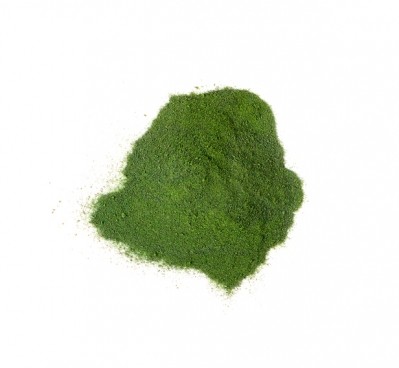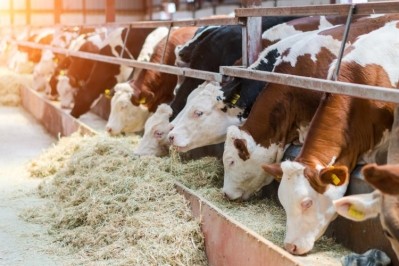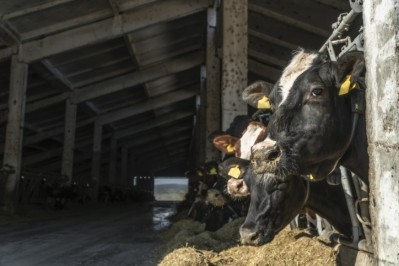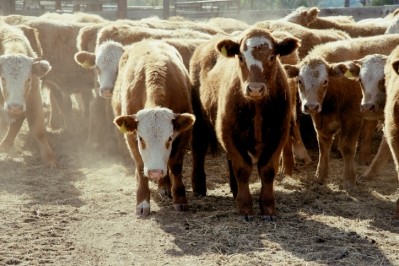Tropical alga can nearly halve GHG emissions from cow manure – research
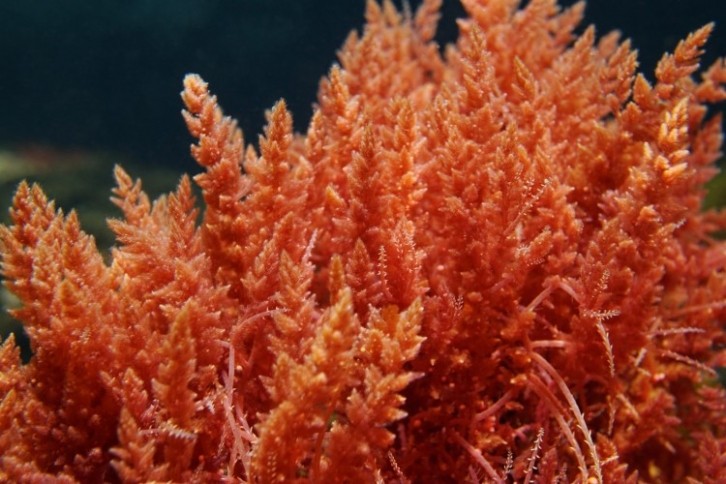
AT, a type of red algae, is among the most promising natural inhibitors of methane production in dairy cattle. Research has indicated that AT contains compounds that inhibit the enzyme that catalyzes the final step in methane formation in the rumen, making it an effective methane inhibitor and feed additive.
Recently, an experimental study published in Frontiers in Sustainable Food Systems and conducted by researchers from the Department of Animal Nutrition and Management at the Swedish University of Agricultural Sciences in Uppsala, Sweden, has indicated that AT can also suppress GHG formation from cow manure and nearly halve methane emissions. The experiment aimed to determine whether methane production from the manure of grass-fed cows supplemented with AT was lower than that of those who were not supplemented.
The researchers collected faecal samples as part of a feeding trial from six Nordic Red cows were fed a diet of grass-based silage that was supplemented or not supplemented with AT at a ratio of 0.5% on a total organic matter intake basis. The samples were then placed in eight 1L serum bottles and kept for 9 weeks in a water bath at a temperature of 39°C. The bottles were connected to foil sampling bags to measure methane and total gas production. AT was added to four of the bottles, which were gently shaken three times a week. The final samples were dried and tested, milled and analyzed for neutral detergent fiber and OM analysis.
At the end of the experiment, the researchers found that supplementing AT to the diet of dairy cows decreased enteric methane by 61% and methane yield also decreased. Methane production was also lower in the manure samples of cows that were fed AT compared to those that weren’t. Finally, adding AT to cow manure reduced methane emissions by 44%, and total gas production was also lower in faeces with addition of AT.
While further research is needed with greater number of samples would be required to confirm the results, the study demonstrated new opportunities for reducing methane from manure.
In conclusion, the authors commented: "We showed that supplementing AT to the diet of Nordic dairy cows significantly reduces DMI and enteric CH4 production. We also found that adding AT to the faeces of dairy cows further decreases CH4 production. Methane production from the faeces of cows that have previously been supplemented with AT in their diet is not significantly decreased compared with the faeces of cows not supplemented with AT. However, the addition of AT to faeces showed that around 44% of CH4 production could be reduced from the faeces of dairy cows."
Source:
Reducing methane production from stored feces of dairy cows by Asparagopsis taxiformis
Krizsan, J. S, et al
Published: 13 July 2023, Frontiers in Sustainable Food Systems
DOI: 10.3389/fsufs.2023.1187838
